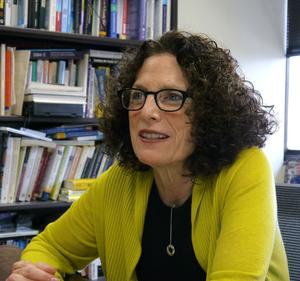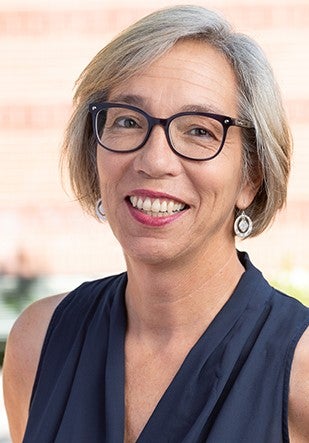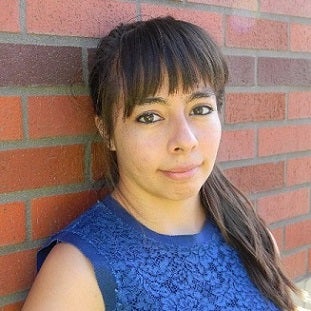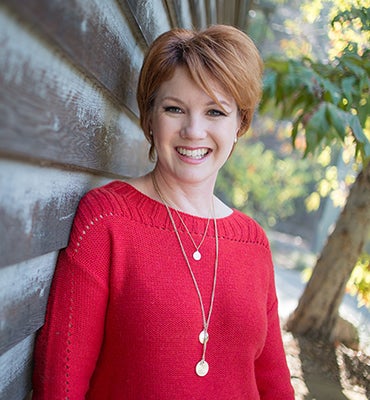
Debating the American family: 5 important questions for Trump and Biden
“American families” is one of six topics to be addressed during the final presidential debate on Oct. 22. It will be the first time during the campaign that both candidates will speak to family issues.
Experts in law, social work and psychology with the USC Center for the Changing Family based at the USC Dornsife College of Letters, Arts and Sciences share the questions they’d most like the moderator to ask.
1. What values are you communicating?

“When parents watch this debate, or your past town halls, debates and rallies, with their children, what are the core values that you hope will stand out to them and how do you live by these values?”
Gayla Margolin is a professor of psychology at USC Dornsife. Her research identifies how couple and family relationships can be sources of both risk and resilience for children and young adults.
2. What family-friendly policies do you support?

“What family-friendly policies do you plan to implement at the national level?”
“Policies that offer paid family leave and the option for new mothers to work part time have the potential to minimize gender imbalances in the workplace, which helps to minimize them in the household. To successfully implement or expand such policies, labor market and workplace regulations to prevent discrimination against women are necessary.”
María Prados is a research scientist at the USC Dornsife Center for Economic and Social Research. She studies the determinants of different dimensions of inequality and her research interests have to do with health, gender, labor economics and intra-household decisions.
3. What will you do to fix the social safety net?

“Why is the U.S. social safety net so much weaker than those in peer nations and what can we do about it?”
“Many ideas have been put on the table, including: minimum wage hikes; a child allowance or baby bonds; child support guarantees so the government rather than noncustodial parent takes the risk of nonpayment; universal basic income; eliminating time limits on TANF (welfare) benefits or raising the federal contribution to TANF, which has remained at $16.5 billion since 1996. Which solutions would you support?”
Clare Pastore is a professor of the practice of law at the USC Gould School of Law and an expert on poverty, social welfare programs, access to justice, legal ethics, and civil rights. She is the co-author of the leading poverty law textbook and has litigated many cases in the areas of poverty and civil rights.
4. How will you protect the children of immigrants?

“Will you ensure that families of mixed immigration status are able to remain together? What forms of immigration reform would you offer to protect immigrant families, especially the children of immigrants?”
Blanca Ramirez is a doctoral candidate in the Department of Sociology at USC Dornsife. She is researching the broader consequences of a deportation regime including the implications of immigration detention and deportation on the immigrant Latino family.
5. What will you do to support working mothers?

“What plans do you have to support mothers in the workforce and ensure the strength of the early childhood sector?”
“Last week the Labor Department reported that 865,000 women left the workforce in September, nearly four times more than the number of men who left. Many of the jobs that women left were in sectors vital for American economic prosperity, including early childhood education and childcare.”
Dorian Traube is an associate professor at the USC Suzanne Dworak-Peck School of Social Work. Her research focuses on early childhood education and development. She specifically examines the role of technology and social programs to assist families in need who are parenting children ages 0–5.
About the Center for the Changing Family
Comprising an interdisciplinary group of faculty members from throughout the university, the USC Center for the Changing Family supports and promotes the study of family systems, close relationships, and mental and physical health across the lifespan.